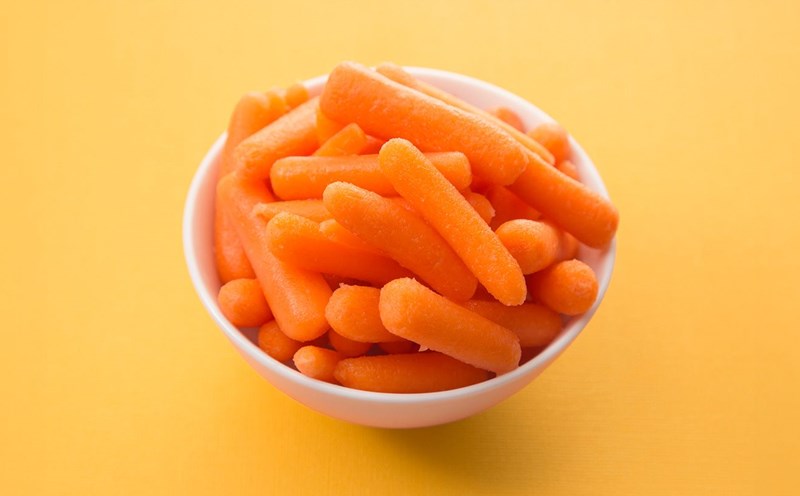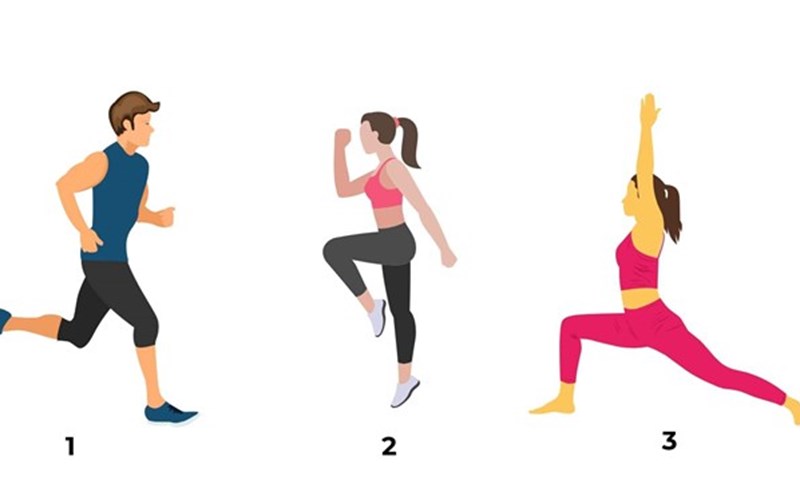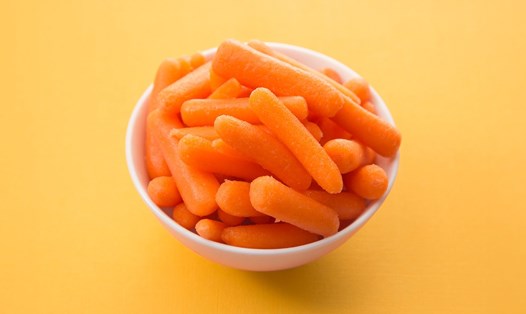Butter
Avocados are a source of healthy monounsaturated fats, which help improve insulin sensitivity and reduce visceral fat. According to research from the American Heart Association (AHA), compounds like oleic acid in avocados help burn visceral fat and prevent new fat from accumulating.
Apple
Apples are a fruit rich in pectin, a soluble fiber that can reduce fat absorption in the intestines. Research from the Journal of Nutrition shows that eating apples regularly can significantly reduce visceral fat thanks to the effect of pectin on controlling cholesterol and blood sugar.
Grapefruit
Grapefruit is rich in vitamin C and bioactive compounds such as naringenin, which promote fat burning. According to research from Nutrition & Metabolism, daily grapefruit consumption helps reduce visceral fat and improve insulin sensitivity in overweight people.
Blueberry
Blueberries are rich in anthocyanins, a powerful antioxidant that helps improve metabolic health. Research from the National Institutes of Health (NIH) shows that blueberries help reduce visceral fat by reducing inflammation and increasing the body's ability to burn fat.
Watermelon
Watermelon is high in water content and provides arginine, an amino acid that aids in fat burning. Research from the American Journal of Hypertension shows that watermelon not only helps lower blood pressure but also improves visceral fat percentage in obese people.
Pear
Pears are rich in soluble fiber and potassium, which help control blood sugar and reduce visceral fat. According to research from the European Journal of Clinical Nutrition, regular pear consumption improves metabolic function and reduces visceral fat in middle-aged women.
Kiwi
Kiwi is a rich source of fiber and vitamin C, which aids digestion and improves heart health. Research from the Journal of Nutritional Biochemistry shows that kiwi reduces visceral fat thanks to its anti-inflammatory properties and effective blood sugar control.
Why these fruits are effective in reducing visceral fat:
Rich in soluble fiber: Helps slow down digestion and control feelings of fullness, thereby reducing calorie intake.
Special bio-compounds: Such as anthocyanin, naringenin, and arginine help boost metabolism and burn fat.
Reduce inflammation: Antioxidants in fruits help reduce chronic inflammation, a factor linked to visceral fat.
How to use fruit to reduce visceral fat:
Eat fresh fruit instead of juice to get the most fiber.
Incorporate fruit into meals or as a snack to control cravings.
Choose low-sugar fruits for people with diabetes or those who need to control their weight.










